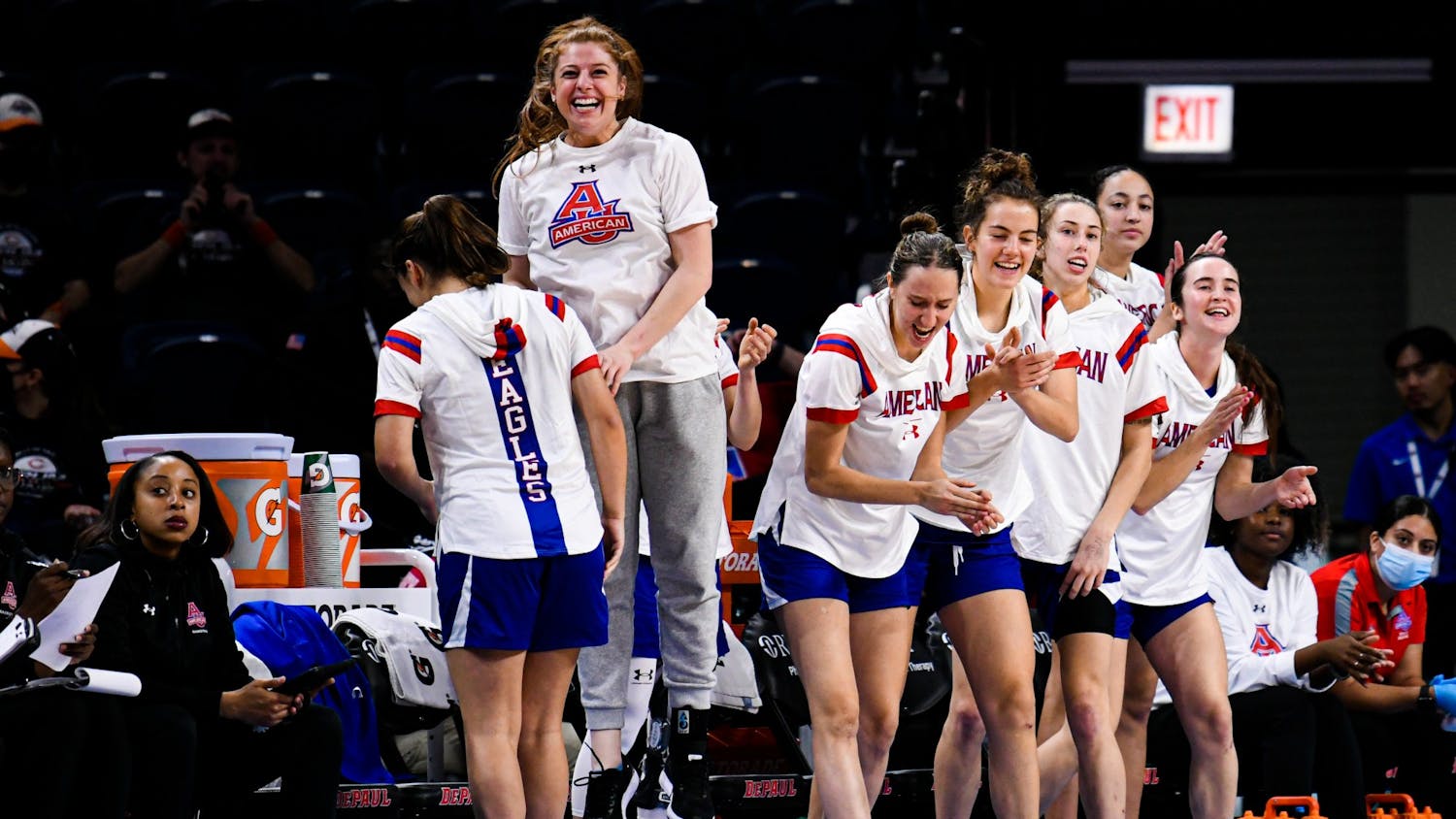After continued protests and negotiations for increased wages initiated by several unions on-campus, pro-union faculty members are taking proactive steps to share the issues they are facing with their students.
Julia Topper, an adjunct professorial lecturer who teaches world music in the College of Arts and Sciences, said she values transparency with her students. After learning more about the adjunct wage situation from a union meeting, Topper said she felt “appalled” and decided to discuss it with her students outside of the classroom.
“Apparently, our adjunct pay is based off of seven and a half hours of work each week,” Topper said. “I put significantly more than that into my classes, more around like 20 hours.”
Topper said the discussion mainly focused on transparency and communicating to students that she is putting in more work than the seven hours she is being paid for. She said she hopes the discussion clarified what the University has been stating to her students.
“I do hope that my discussion prompted students to think about this issue, but more importantly it was about reassurance,” Topper said, of her commitment to her job despite the pay rate.
Abigail Wolfe, a freshman in the School of Public Affairs, was among the students that spoke with Topper.
“What surprised me was that for someone with a very prestigious master’s degree she only makes around $4,000 to $4,500,” Wolfe said. The minimum pay for a three-credit course is currently $3,875 per semester at American University.
Wolfe also expressed concerns that her professor is not being paid for the correct number of hours after finding out Topper was being paid for seven hours a week, despite doing more hours of work than that.
“Obviously listening to your professor talk about their pay and job situation is pretty awkward, but I think it was necessary for this situation,” Wolfe said. “I’m glad professor Topper explained her situation with us.”
Sam Sadow, an adjunct professor in the CAS, said rather than putting direct pressure on the school, getting the student body to be aware of the situation the union is in may be more effective than calling and emailing the administration.
“Students hold a lot of power on campus, and students have the capacity and the desire to do right in the world,” Sadow said.
Sadow said the first step students can take to become more involved and educated about the situation starts with talking to their professors. He also recommends that students talk with one another — he said he understands that students are more likely to listen to their peers rather than only union members.
However, he said that he does not expect students to reach out to the University because of the discussions he has with them.
“I don’t know how much impact talking with the University administrators has because they’re so big and busy all the time,” Sadow said.
Larry Alcoff, the lead negotiator representing the staff, graduate and adjunct faculty union groups at AU said he understands the struggle and frustration union members are facing. He said that professors should talk to students who are willing to listen to their side of the issue.
“This [issue] should not be a secret … they should know, their parents should know, the university community as a whole should know,” Alcoff said.
However, he said professors should be conscious that they cannot make decisions for how their students should take action.
“Students have to make their own decisions about what to do with that information,” Alcoff said. “If they want to call the administration and get their side of the story, that’s their decision.”
On March 3, 88 tenured faculty sent an open letter to President Sylvia Burwell calling for a better contract with the union. The tenured faculty expressed feeling that “it is wrong and unsustainable that AU pays much of its workforce less than a living wage” and found the current state of contract negotiations troubling.
The University continues “to negotiate in good faith with various unions at the bargaining table,” Elizabeth Deal, a spokesperson for the University, said in an email to The Eagle.
AU is continuing to work towards reaching a resolution with the different unions on campus, Deal said.
“It’s important to separate how we take that position as a union, publicly, from calling on students to engage in advocacy,” Alcoff said.





